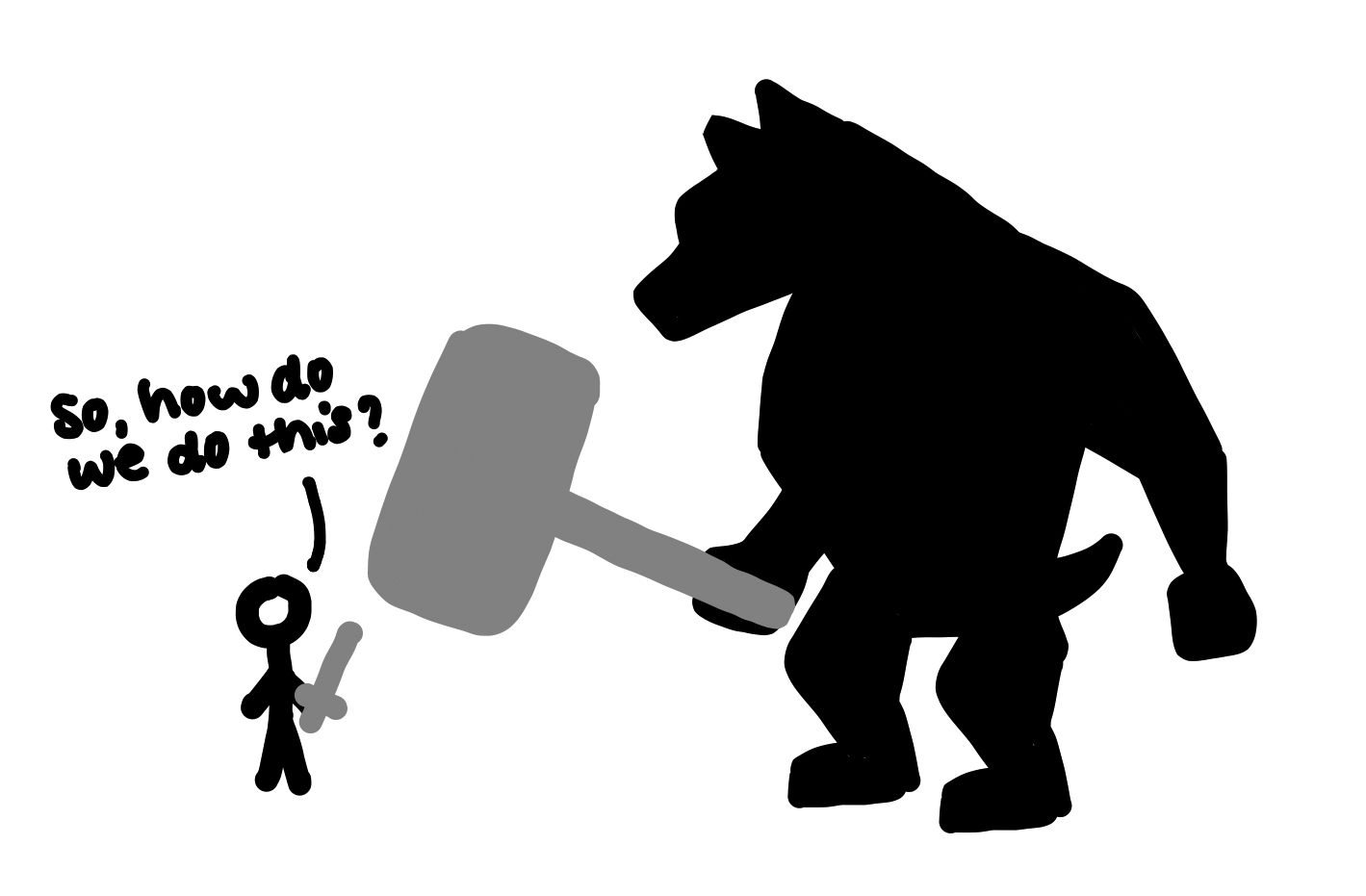FromSoftware’s template for first bosses
May 14, 2021
 Nora Sullivan Horner
Nora Sullivan HornerVideo game difficulty is extremely adjustable in most cases. However, developer FromSoftware has created a niche genre with strict difficulty as its core tenet. The genre, commonly referred to as “souls-like” (in reference to the game that sparked the genre, “Dark Souls”), is centered around the idea that players want a challenge. Instead of giving players an adjustable meter that increases or decreases enemy hitpoints and damage, souls-like games have one rigid metric for difficulty: their bosses, which are all tough to beat.
While the games rely on their passionate fanbase to generate sales, souls-like games must also be accessible for the casual fan. Roping new players in is vital for increasing demand for a game, but a boss’s difficulty can present a challenging barrier to entry for new players.
Most players can stumble their way through the first level, but beating bosses in a souls-like game requires some measure of skill. Thus, FromSoftware must make an effort to begin their games by striking a balance between ultra-hard for committed players and easier for casual gamers.
FromSoftware does this to perfection in “Dark Souls III.” As the fourth game in the Souls series, it is both the most accessible for new players and the hardest for experienced ones. After a basic tutorial, players are immediately thrust into the first boss fight. The fight is routine, even for new players, but it introduces the core mechanics of future bosses. For example, the tutorial boss has two phases (different forms), a defining component of almost every subsequent boss in the game.
After defeating the initial boss, players are quickly sent to the first “real” level in the game. After stumbling through various enemies, players arrive at Vordt, the first main boss. Vordt is a giant, dog-like creature who wields a great hammer. His smooth-yet-intimidating appearance—paired with an epic music track—immediately signals his danger to players. At first glance, Vordt’s attacks are hard-hitting and unblockable. When the player gets him to half health, he enters phase two, where his movements quicken and his attacks deal frostbite in addition to their normal damage. All this creates an intimidating experience for new players—yet if they calm down and learn, Vordt becomes a piece of cake.
Since Vordt’s attacks are so slow, dodging, instead of blocking, is a very effective strategy. His hammer sweeps towards the player, so often the best direction to roll is towards him, which in turn positions the player close enough to him for an attack. His size makes him unable to defend his back, where the player can get a string of hits in before he repositions.
FromSoftware creates a perfect boss template with Vordt. Every fight with a boss boils down to learning the playstyle and crafting a strategy to take it down, and Vordt presents a simple—yet intimidating—example. After beating Vordt, the next few bosses don’t pose a large threat to a now-confident player, yet they, too, introduce boss tendencies (for example, a certain boss is only vulnerable in one specific area). FromSoftware saves their hardest bosses for later on in the game, when the player has better items but also has improved tremendously in skill and strategy.
By instituting a boss that is at first glance challenging, FromSoftware is able to maintain the feel of the genre while still keeping its games accessible to new players.

Comments
Before submitting a comment, please review our comment policy. Some key points from the policy: